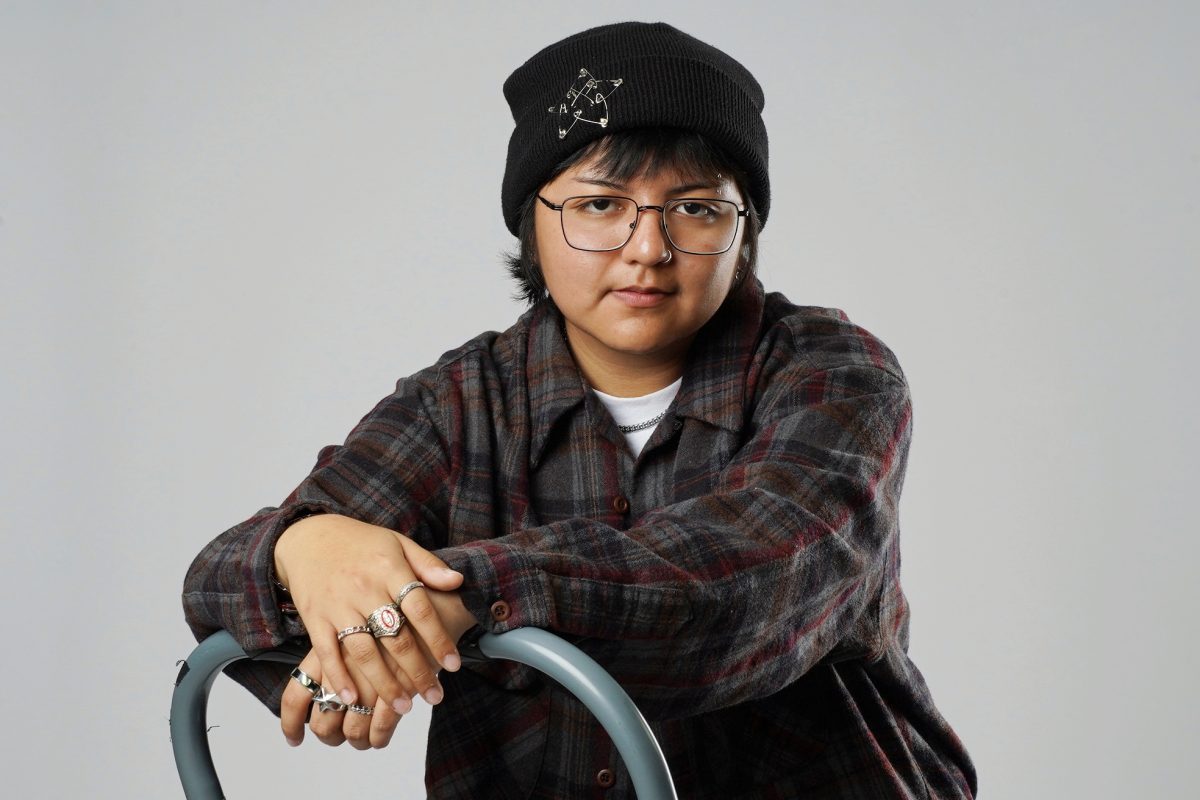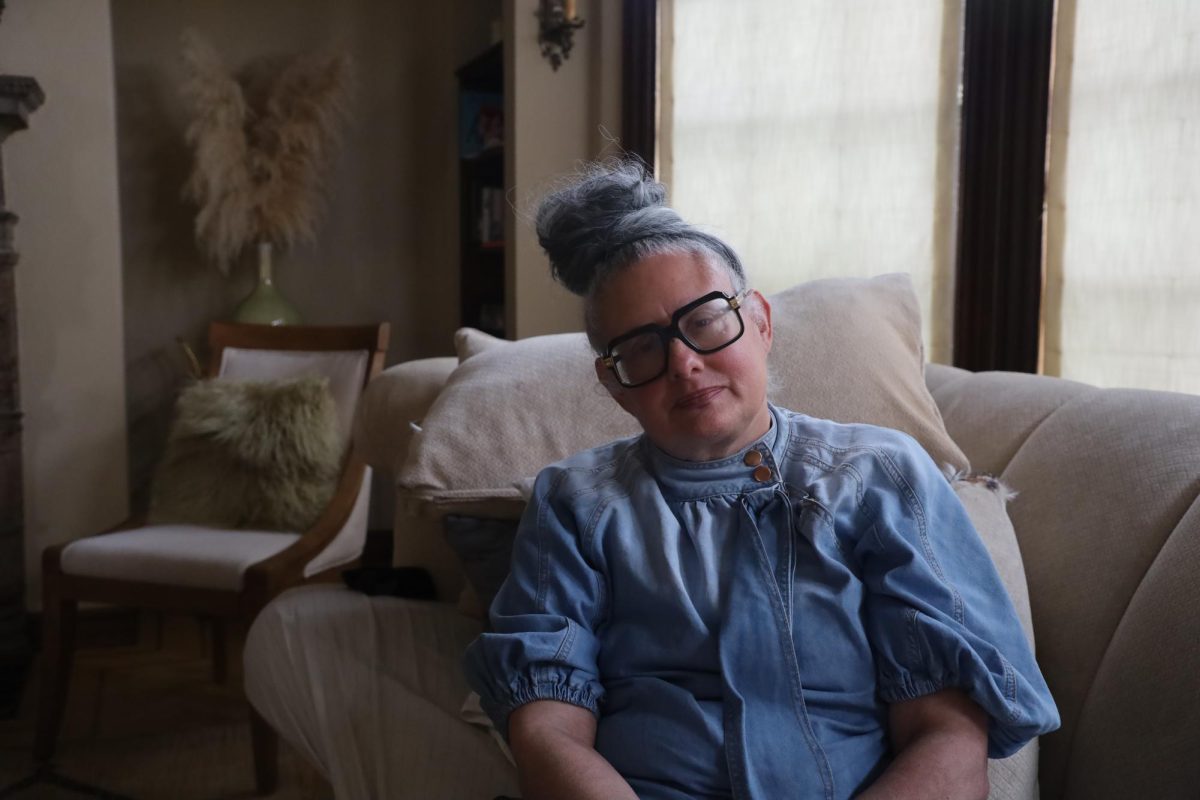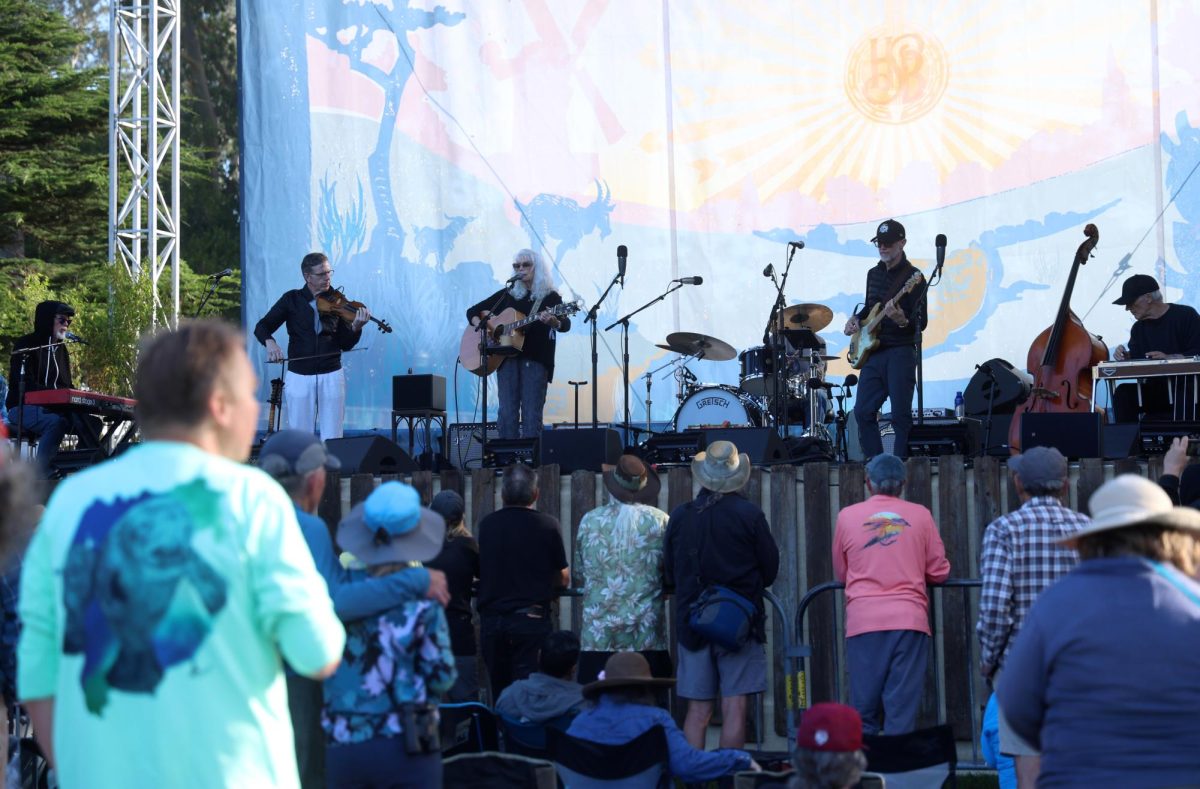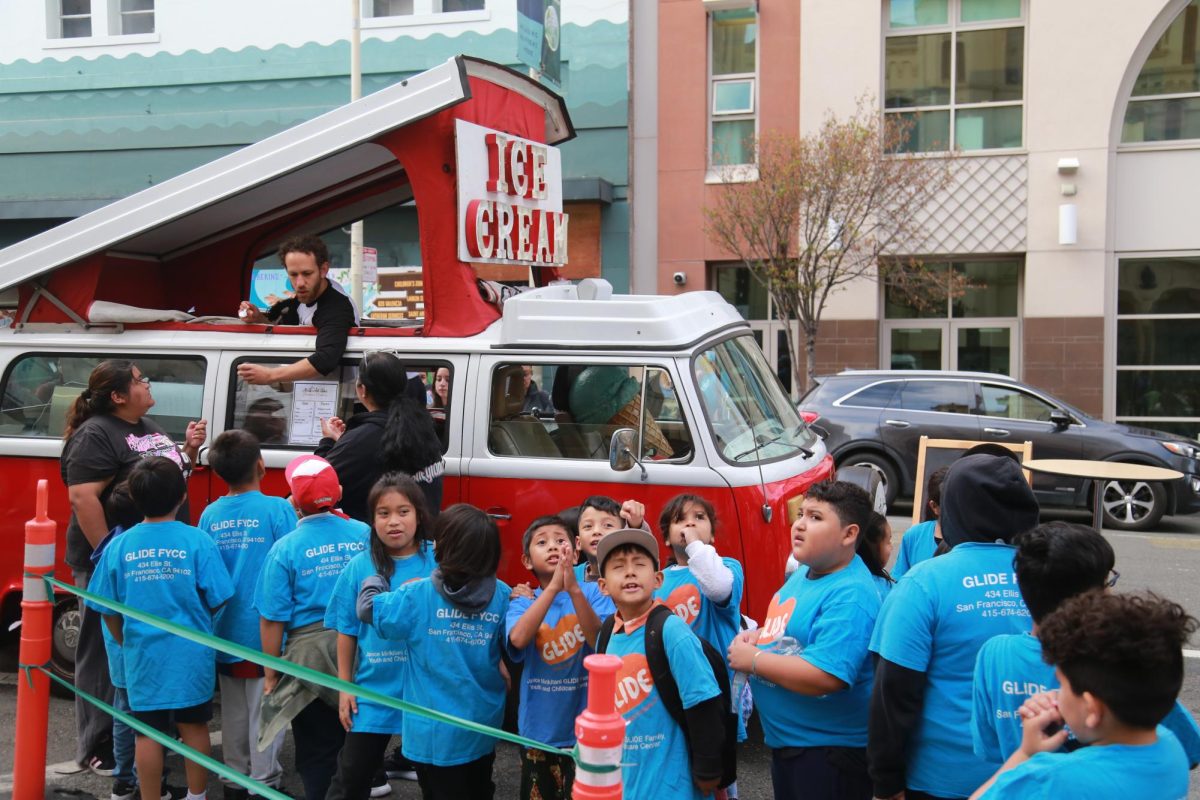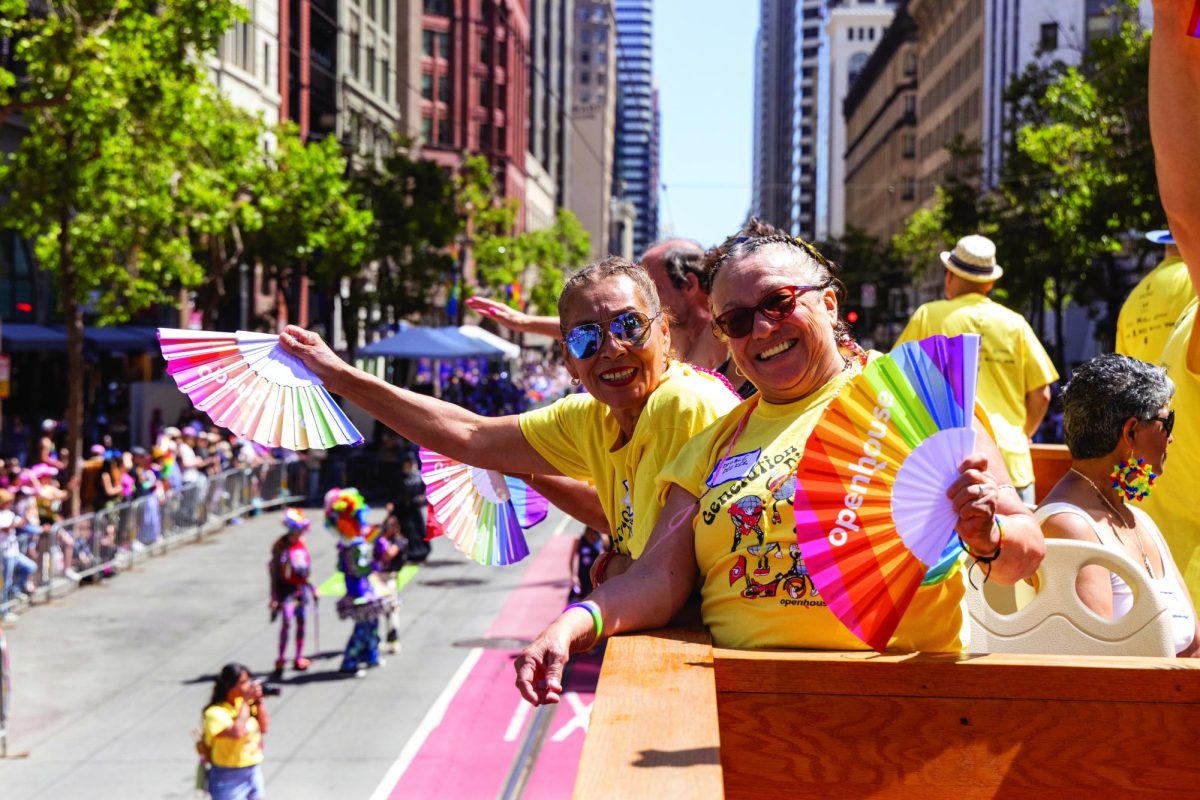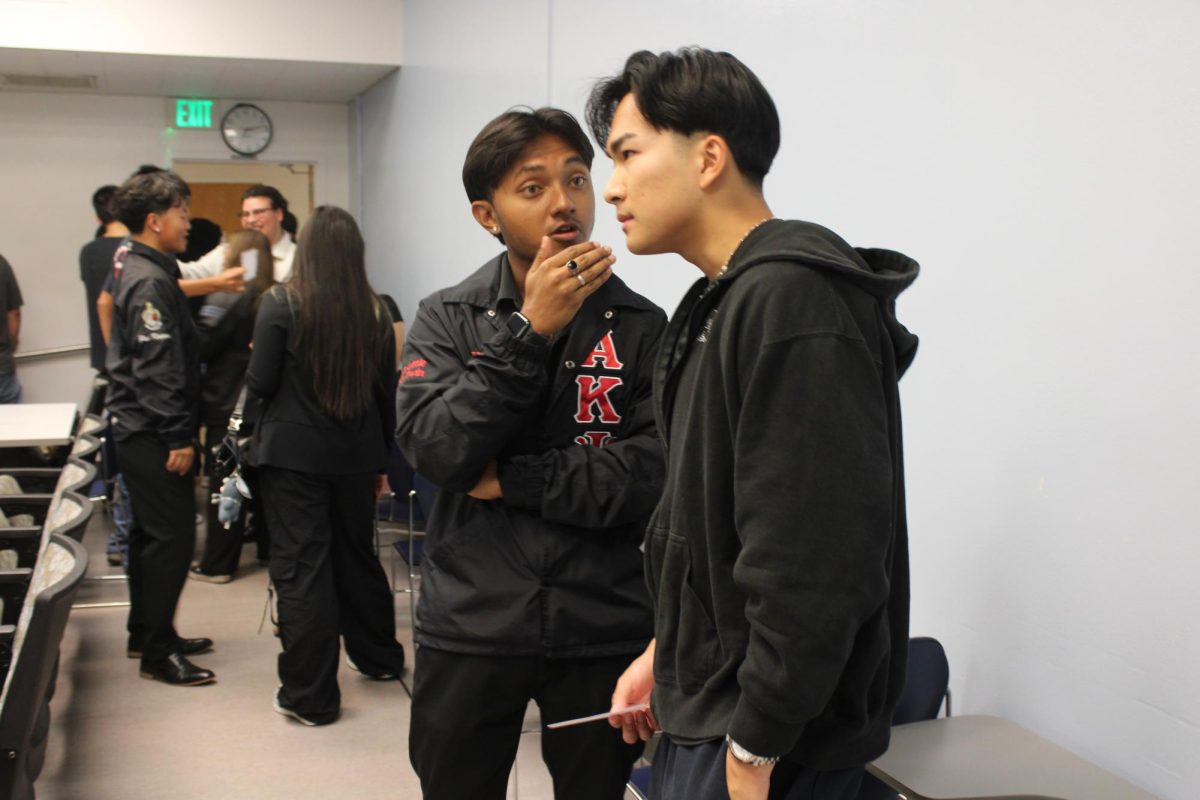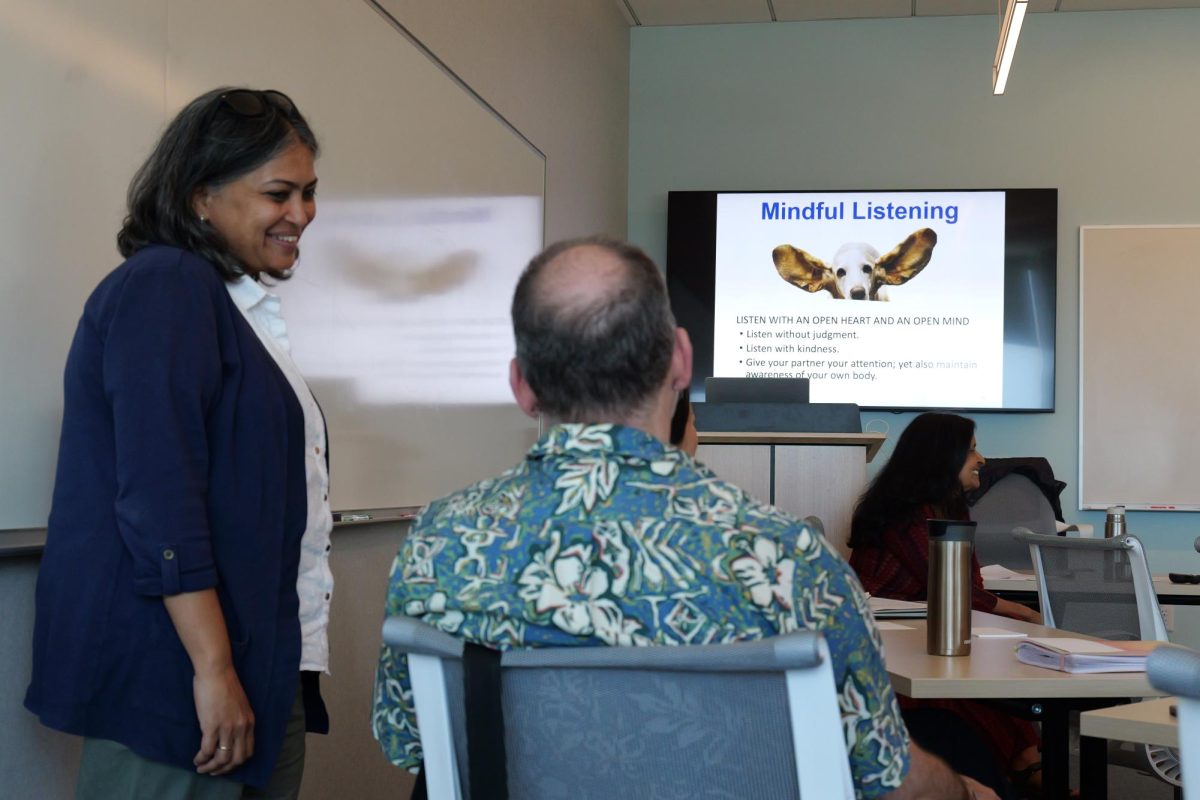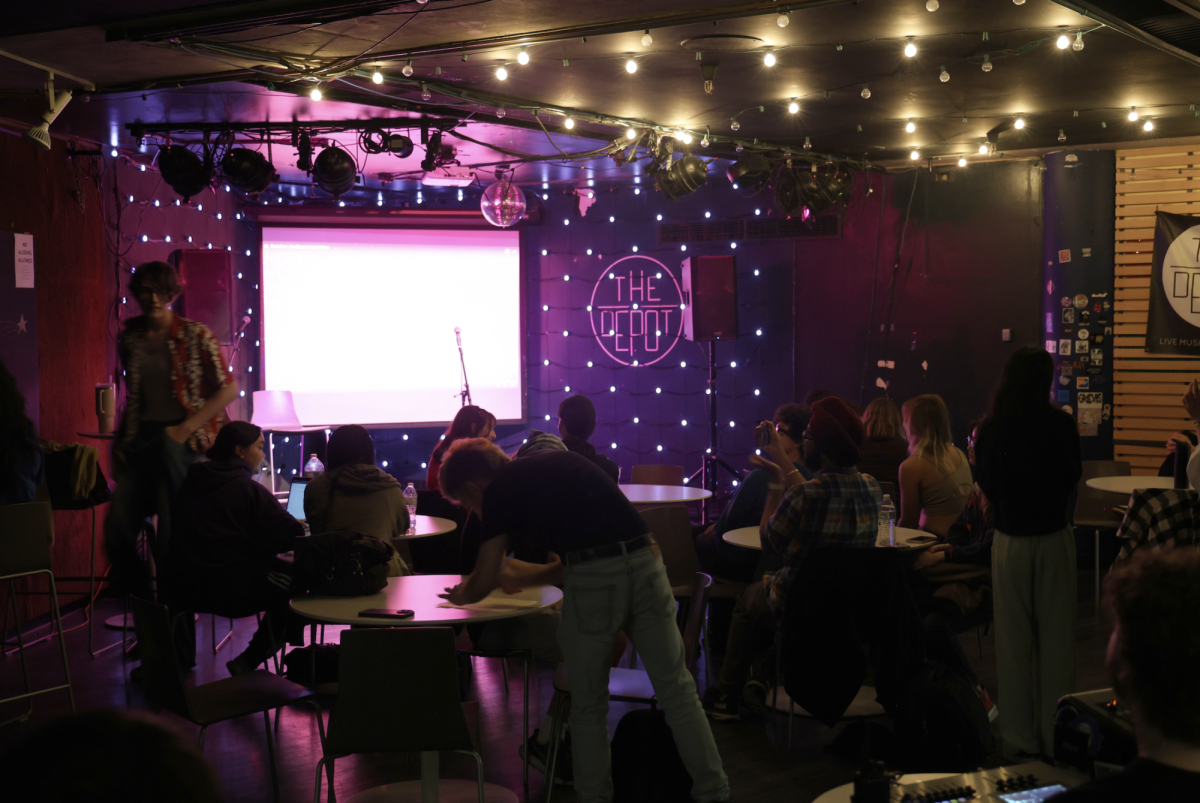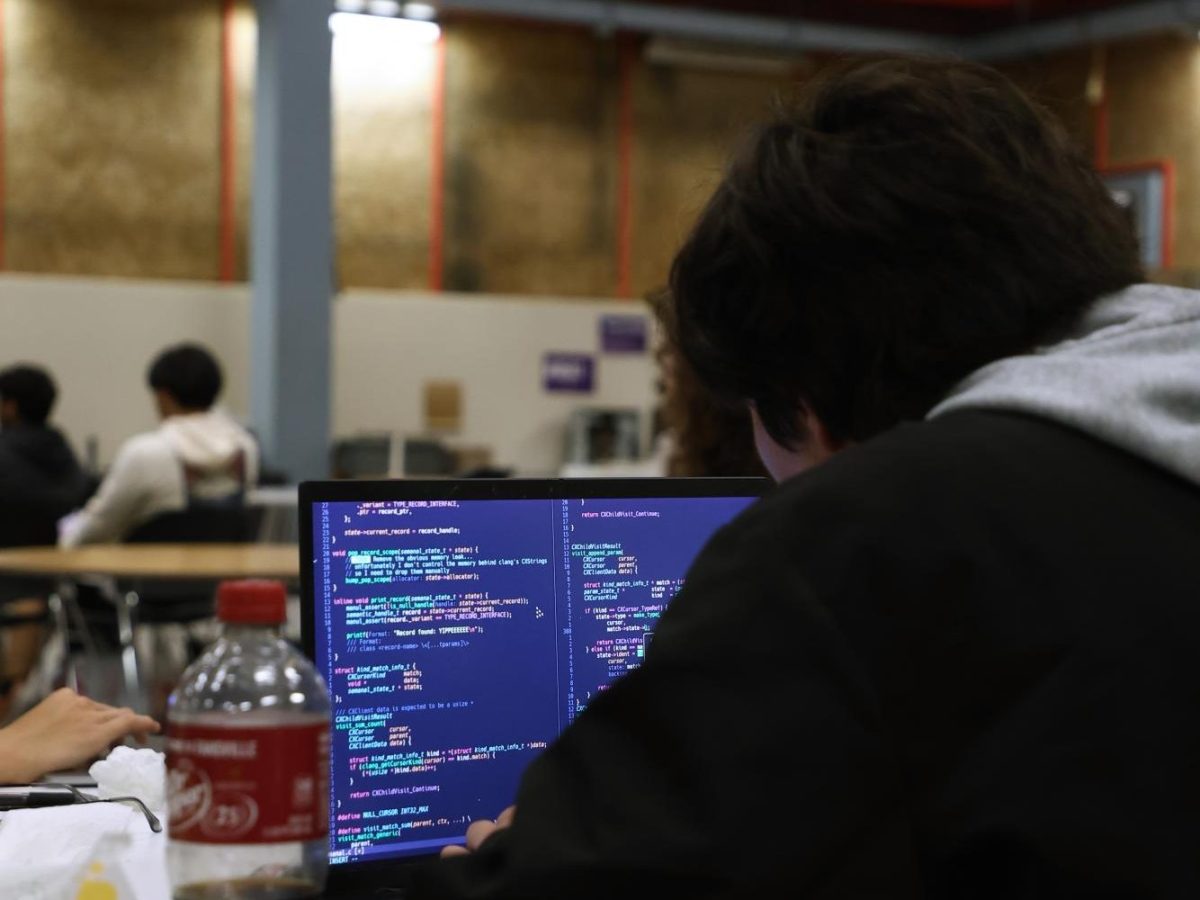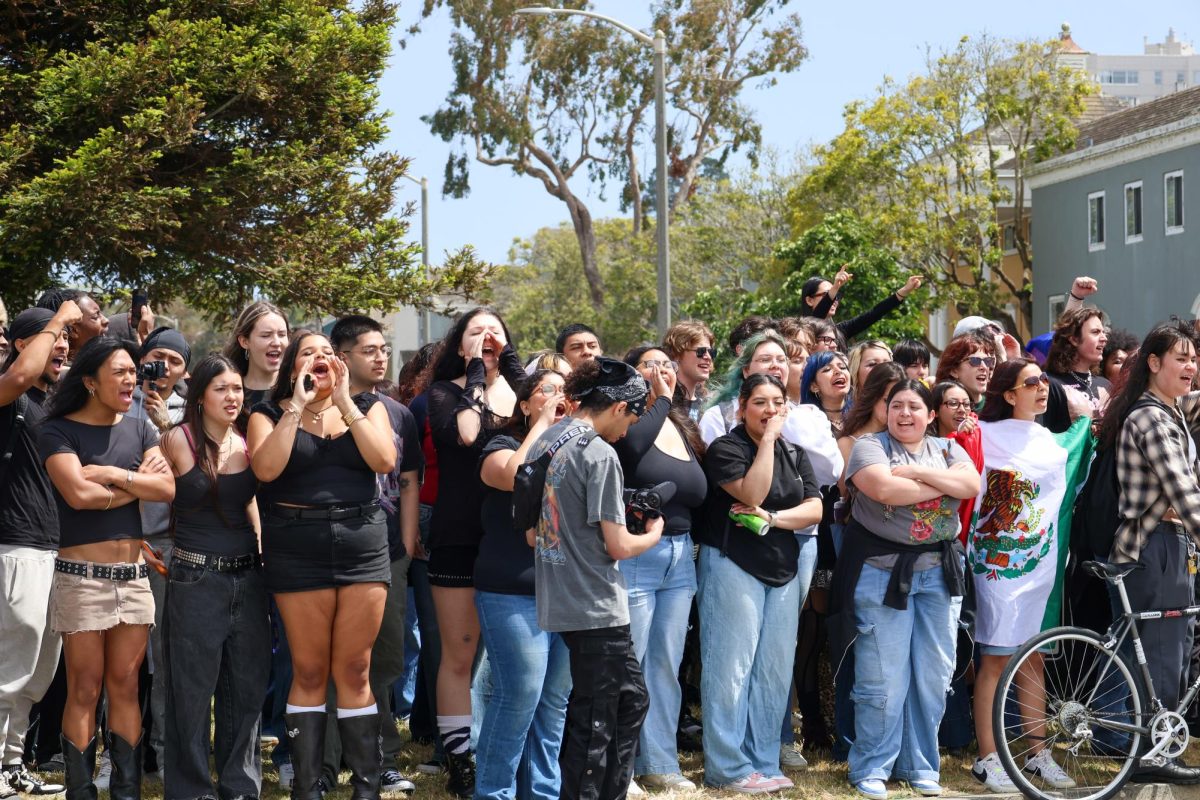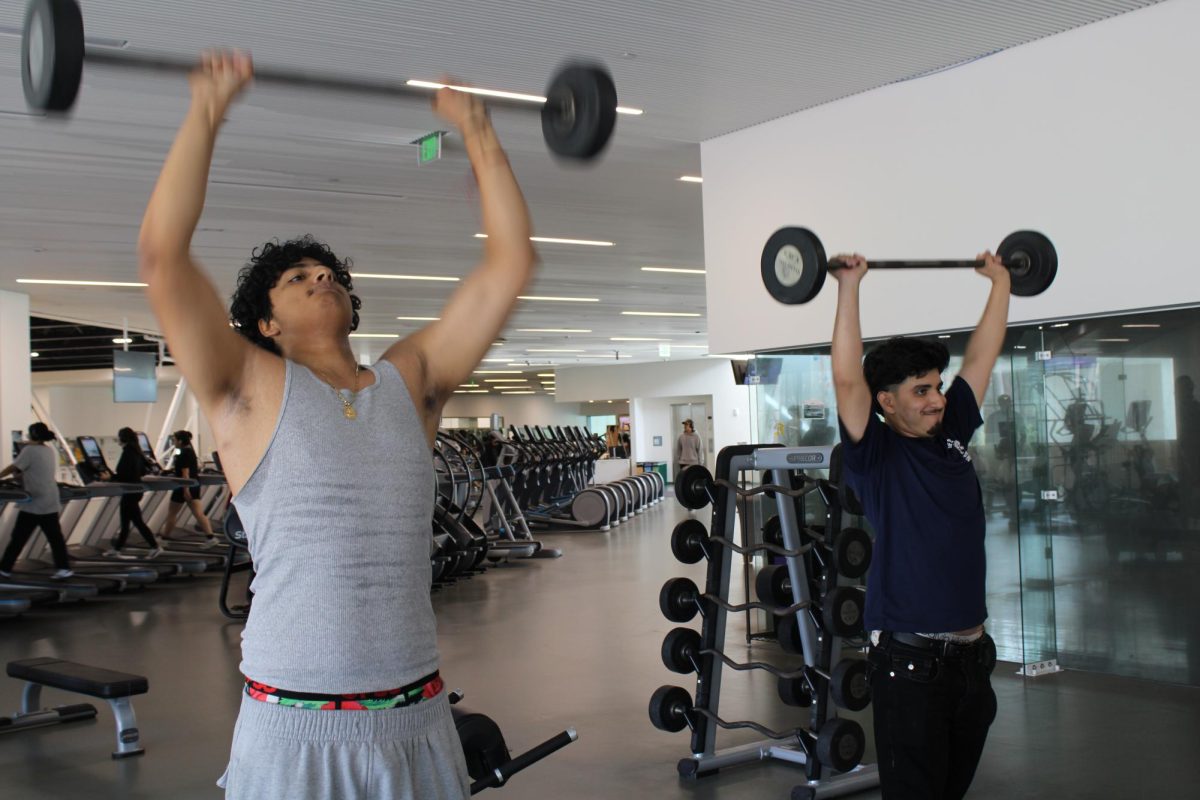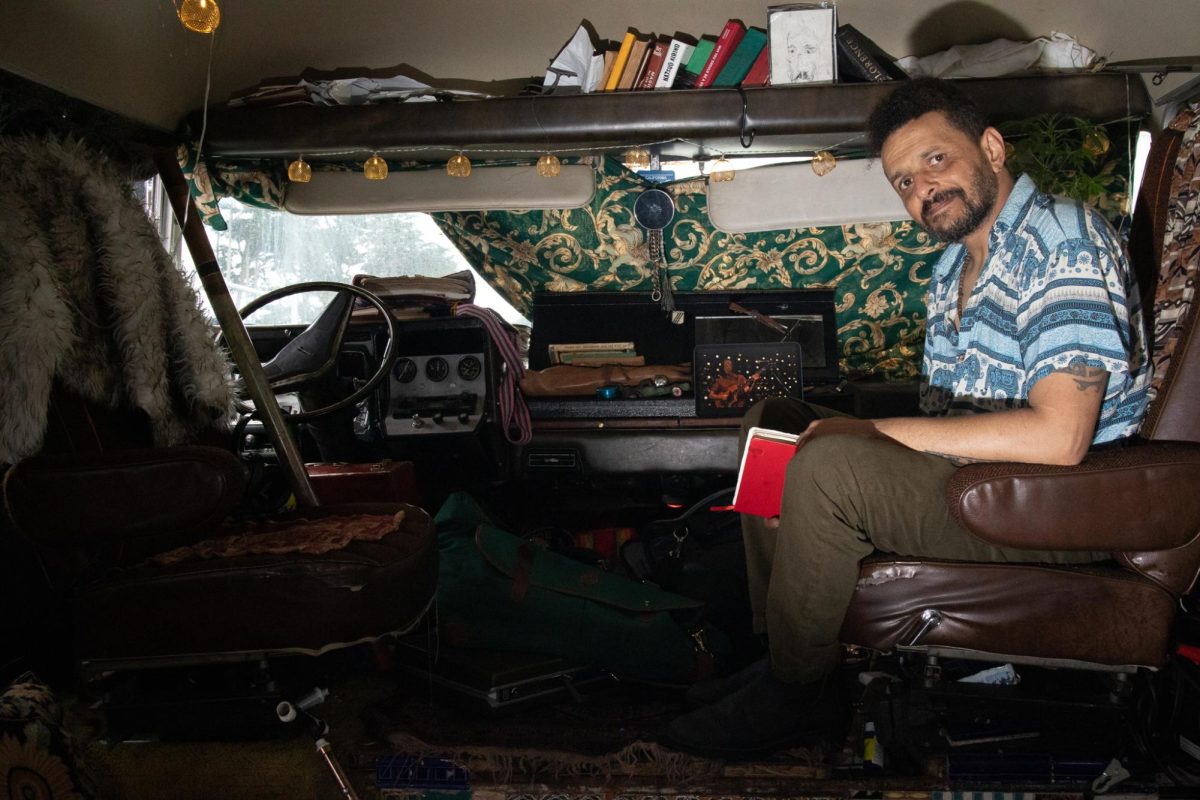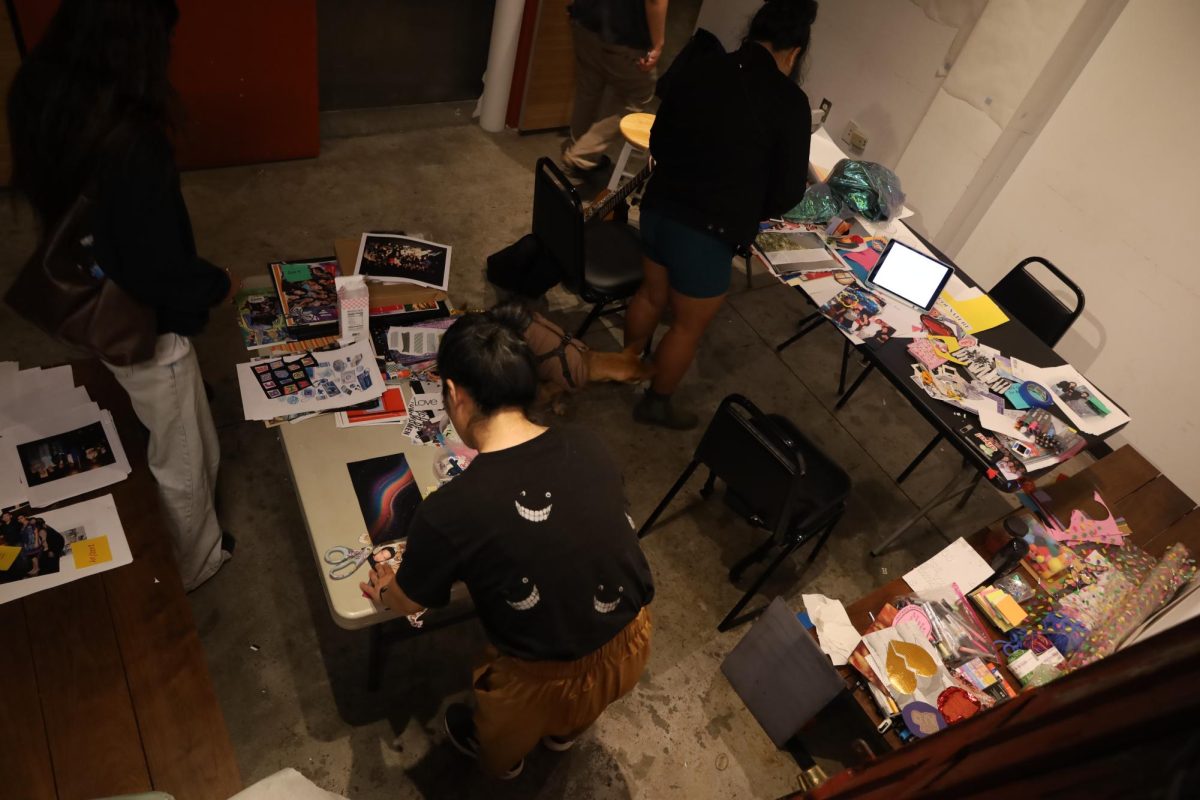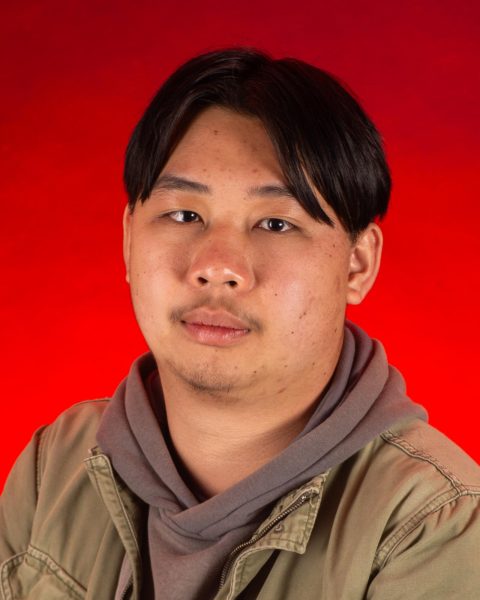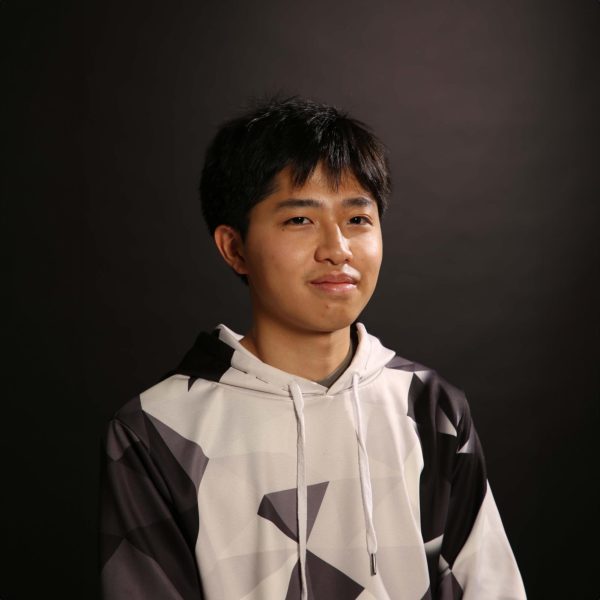This past summer, my mom wanted our family to get our passports renewed for a trip back to Hong Kong, my native country, next year. Filling out the form was easy enough; address, birth date, height — easy. But I had one issue: Should I put my Chinese name and my “American” name? Even after having spent 16 of my 21 living years in the Bay Area, I didn’t know if I should write down the name on my birth certificate or the one on my SF State student ID.
Name changes happen for so many reasons. To name a few: marriage; divorce; adoption. But in recent times, a new cause for a name change has arisen: gender affirmation. However, that wish for affirmation is something that all people want.
For me, that desire came from spending most of my life with a Western name conjoined to my Chinese name, which I was given at birth. That ethnic incompatibility with my environment haunted me through middle school and until my junior year of high school when my parents went to the Alameda County Superior Court and declared a legal name change for me on my behalf.
It felt like a weight had fallen off my shoulders for about a week, and then life went on. But during the core of the pandemic, I repeated that name to myself in some attempt to recall the melancholy it brought — to cut through the Zoom lectures and their silence through unlit days.
When the university finally opened up to in-person classes, I said, in a class on cultural diversity in news media, that removing my Chinese name felt like having lost a limb. But did I deserve to say that when it was more of an amputation than a dismemberment?
For Alex Gómez, a second-year BECA major who started undergoing hormone replacement therapy five months ago, a name change was just one step in that journey of self-actualization. Gómez started “socially transitioning,” or asking people to call them Alex instead of their birth name, when they were 13.
The transition was initially limited to Gómez’s outer friends and classmates, but their aunt, who they lived with at the time, wasn’t so empathetic when Gómez told them, and neither was the middle school they attended.
“I was always sending up one of my friends to go correct [the substitute teacher] before anything happened,” Gómez said. “After a certain point, it started getting to where I was going up to the sub myself, but definitely at first I was like, ‘I’m not going to have that conversation.’”
Although Gómez’s friends and some of their family support their identity, they’re still having a hard time trying to get their name finalized on legal documents.
“The type of people who work at the DMV — it’s always older people, so it was definitely very challenging,” Gómez said. “And then even more so when it came to Social Security. The thing with Social Security is they still gender you on there and there’s no X marker, which I wanted to have, so I just had to settle for male.”
That exposure to one’s previous name can be dangerous, according to Jen Reck, an assistant professor in SF State’s sociology and sexuality studies department. However, not everyone has the same relationship with their “dead name” — the name a transgender person is identified with before their transition.
“For someone to use that name to refer to them is incredibly traumatic and painful for a lot of people because it kind of indicates an erasure of who they actually are and who they’re asking to be seen as,” Reck said.
When I spoke with Francis Wong, an Asian American studies professor at SF State whose class on Chinese American identities I had taken two years ago, I felt reassured about my name change. After all, he did say that’s just one way some people survive in society. I wanted to have a name that wouldn’t mark me for a thousand bad jokes, and that’s what I got. But was to fit in really what I wanted?
“Anything that’s not familiar to people, they butcher. In Western-dominated society […] if [people] can’t pronounce your name, they can’t remember your name. And if they can’t remember your name, they can’t remember you,” Wong said.
“And so you can see how that would play out in business and politics and at school […] let’s say you’re the only Chinese person in the class and instead of them remembering you for who you are, they’ll just remember that Chinese person […] you actually have no identity,” Wong continued.
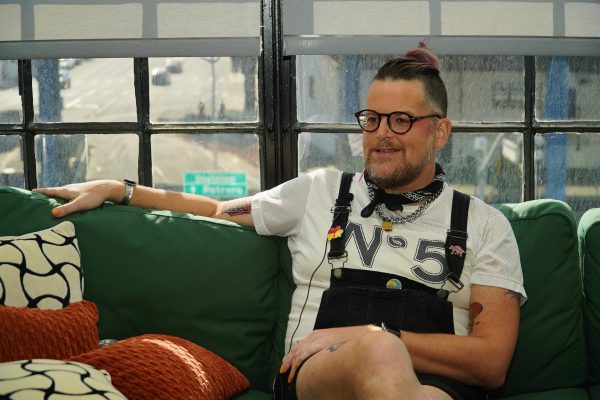
Astrid Kane, a senior editor at the San Francisco Standard, changed their name this past February. During the peak of the pandemic, Kane pondered their gender identity; in December 2020, Kane made it “Facebook official,” changing their account pronouns to they/them and the gender marker to X. Around Labor Day in 2021, Kane started telling people that they would prefer to be called Astrid. Despite those successes, they found 2022 to be a stream of name-change tedium — especially when it came to travel plans.
“I really just want to make this easy on myself because going through TSA is already kind of a pain,” Kane continued. “My three primary forms of ID have different gender markers.”
One of Kane’s biggest struggles was grappling with their byline, which their previous name had occupied for many years. Although Kane was comfortable with it because they’d been using it for so long already, they felt a disjunction between their professional and social personalities.
“The name that I wrote under for many years was my birth name: Peter Lawrence Kane. It had a good cadence to it,” Kane said.
“At first I wanted to change it to Peter-Astrid because it maintains that cadence and has a non-binary quality of a male name and a female name anchored together with a hyphen. People [kept] defaulting to Pete […] but after a while, I’m like, ‘I want to be Astrid.”
Kane also had to deal with feeling guilty because of their name’s attachment to their ancestry.
“My given first name was my grandfather’s name and my given middle name is my father’s name,” Kane said. “There’s a mild sense of betrayal that I dumped it and went with other stuff, but I still got the last name.”
Like Kane, Gómez decided to keep some of their family in their name when they changed it.
“When I did get the chance to legally change it, I added a middle name, which is Ulises, to keep a little bit of Spanish in there. I don’t want to just completely cut off my name from being related to my culture at all,” Gómez said.
Similarly, Amatullah Zapanta-Mir, a freshman working on starting an AAPI queer club on campus, has a complicated relationship with her name. It represents their mixed heritage — but they wouldn’t change it.
She sometimes goes by Tala because that name represents their Filipino side; it means “star” or “goddess of stars” in Tagalog. But Amatullah, which is Pakistani, translates to “servant of God”: a meaning they didn’t necessarily agree with.
“I resented the name very heavily […] because of its religious meaning, and I didn’t feel connected to the religion,” Zapanta-Mir said.
Eventually, she learned to become comfortable with her name and gave it the meaning that she wanted.
“As I got older and started shaping and defining my own gender and my own experiences and learning to really love my cultures, then that opened a gateway to me learning how to redefine my name as my own,” Zapanta-Mir said. “Because you can’t choose your name when you’re born.”
Kane also came to terms with their name change — they realized they couldn’t compromise with the world’s incompatibility with their identity, and the legalities and social politics involved. They could only accommodate that lack of understanding.
“I remember being 25 and being like […] ‘I’m not a boy and I want to change my name, please do that for me now’ — it was beyond inconceivable, and now it’s in the rearview mirror. I always have to remember what once felt impossible is now every day,” Kane said.
“You’re still inhabiting the same body in the same world, but the way things quickly become mundane is what erodes the fear,” Kane continued. “I could at some point tell myself there is a future in which I and everybody I know will be beyond the point of discomfort or unfamiliarity, and it’ll just be my name.”
When I got my name changed all those years ago, I felt “normal” for about a week, and then — nothing. Then came guilt for knowing my parents paid $450 for me to cast aside my heritage, and for not feeling guilty enough.
Every name carries an identity, but an identity isn’t just a name — or a gender or an ethnicity. To my family, my name may still be 吐德權 — “insurmountable leaf.” In my daily life and on paper, I may be just David Ye.
But I’m more than just my name. And my name is — should be — more than a testament to trauma. I will take that leaf and make it a reminder of my growth, endurance and potential.
No shame in looking back — but we’re indebted to our past selves to keep moving forward.



